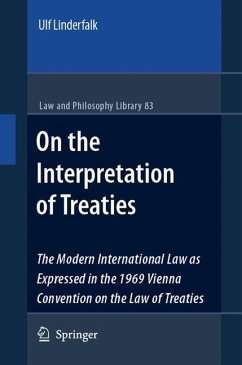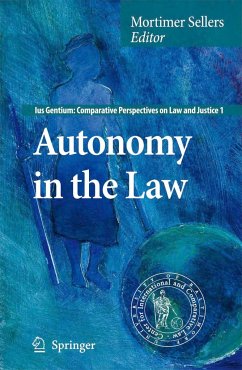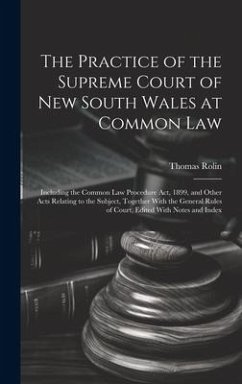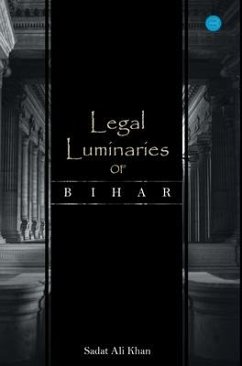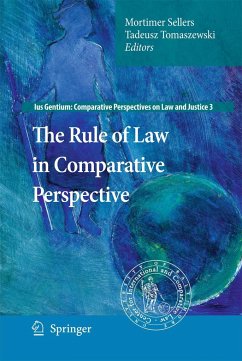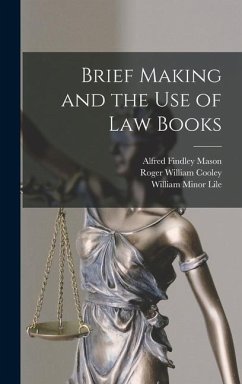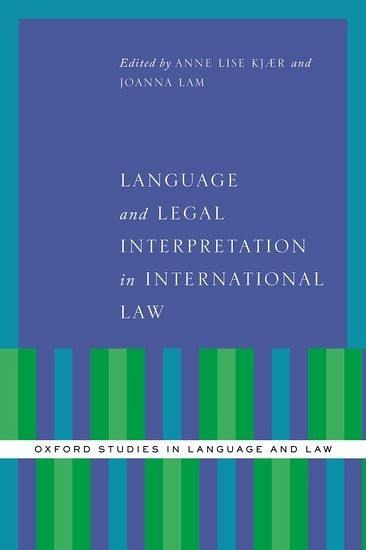
Language and Legal Interpretation in International Law
Versandkostenfrei!
Versandfertig in über 4 Wochen
133,99 €
inkl. MwSt.
Weitere Ausgaben:

PAYBACK Punkte
67 °P sammeln!
International law is usually communicated in more than one language and reflects common norms that lawyers and adjudicators across national legal cultures agree on and develop together. As a result, the negotiation of the wording and meaning of international legislative texts is an integral part of legal interpretation in international law. This book sheds light on that essential interpretation process. Language and Legal Interpretation in International Law treats the subject from the perspective of recent legal and linguistic theories of meaning. Anne Lise Kjær and Joanna Lam bring together ...
International law is usually communicated in more than one language and reflects common norms that lawyers and adjudicators across national legal cultures agree on and develop together. As a result, the negotiation of the wording and meaning of international legislative texts is an integral part of legal interpretation in international law. This book sheds light on that essential interpretation process. Language and Legal Interpretation in International Law treats the subject from the perspective of recent legal and linguistic theories of meaning. Anne Lise Kjær and Joanna Lam bring together internationally renowned experts to provide strong theoretical and practical foundations for the study of legal interpretation in such fields as human rights law, international trade, investment and commercial law, EU law, and international criminal law. The volume explains how the positivist tradition--in which interpretation is understood as an automatic process by which judges simply apply the text of legislative instruments to specific fact situations--cannot be upheld in an era of pragmatic and cognitive meaning theories. Those theories instead focus on the context of interpretation and on the interpreter as a co-producer of meaning. Through a collection of thoroughly researched and timely essays, this book explores the linguistically and culturally diversified world of meaning-making in international law.




